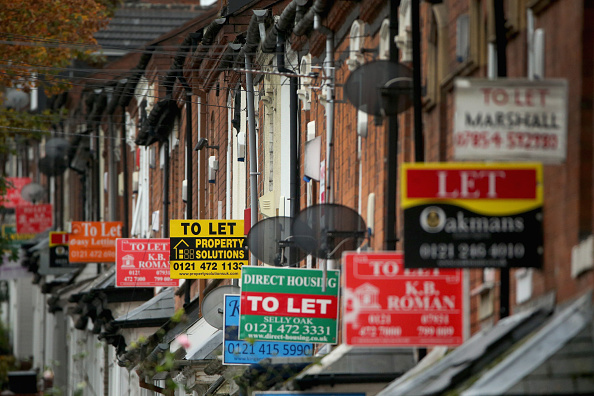How likely is a UK property market crash and what IS happening with house prices?

This week prospective buyers were hit with another flurry of less-than optimistic reports about the outlook for the housing market; house prices continued to fall in value and mortgage approvals struggled to get above pre-pandemic levels.
Nationwide’s report found that house prices fell 3.1 per cent in March, the largest annual decline since July 2009 as consumer confidence remained weak and household budgets came under increasing pressure from high inflation.
The Bank of England’s Money and Credit report for February also indicated a slow down in house prices, net mortgage approvals for house purchases increased to 43,500 up from 39,600 in January – however remained below pre-pandemic levels.
Liz Truss, and the mini Budget chaos
The current slowdown is largely seen as fall out from the chaos which arose from last September’s mini Budget when the then Chancellor Kwasi Kwarteng announced plans to make £45bn of unfunded tax cuts.
However the housing market has been slowly stabilising since most of the measures have been scrapped.
Iain McKenzie, chief executive of The Guild of Property Professionals, said.: “With the largest annual decline in house prices since the depths of the financial crisis, homeowners may be worried about what this means for them,”
McKenzie said that unlike the financial crisis, the market hasn’t seen an “aggressive drop-off in transactions”, so the slowdown in prices has “hardly been the crash that was expected”.
He continued: “Sellers are becoming more open to negotiating with buyers on the asking price and that has the potential to skew the data.
“While we are forecasting an overall decrease of around 8% this year, this would only bring house prices in line with levels back in 2021.”
Spring will be ‘crucial’ for house prices
Myron Jobson, senior personal finance analyst at interactive investor, said that the latest Nationwide house price index offers the strongest indication yet that the “wheels are coming off the runaway house prices in the face of rising costs”.
“The price fall was widespread, with four of the 12 UK regions experiencing a reversal in price growth on an annual basis, with Scotland and East Anglia reporting the sharpest of declines,” he said.
However, Jobson said as the market approaches the crucial “spring-buying season” it could give the sector “a clear indication” of the state of the property market.
He said: “In spring, home prices tend to rise due to increased seasonal demand, but current indicators do not signal that the season will be a robust one.
Supply, demand and house prices
Jobson said: “The low inventory of homes could keep prices elevated for longer than forecast, while affordability is likely to remain a challenge. “
He continued: “The housing market remains a frustrating one for would-be buyers, fraught with uncertainty and unpredictability.
“The affordability crunch could mean that existing homeowners may wait to list their properties, since many have already locked in lower mortgage rates, creating little incentive to sell and buy again until rates are more attractive.”